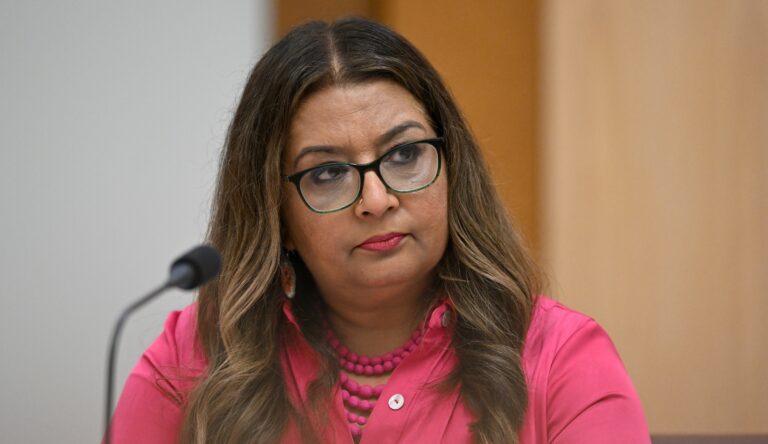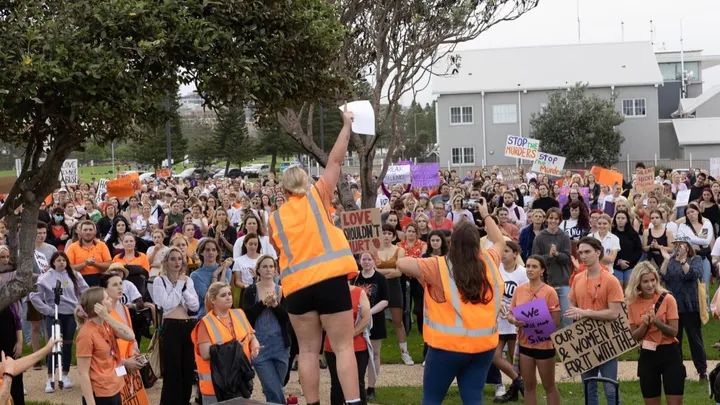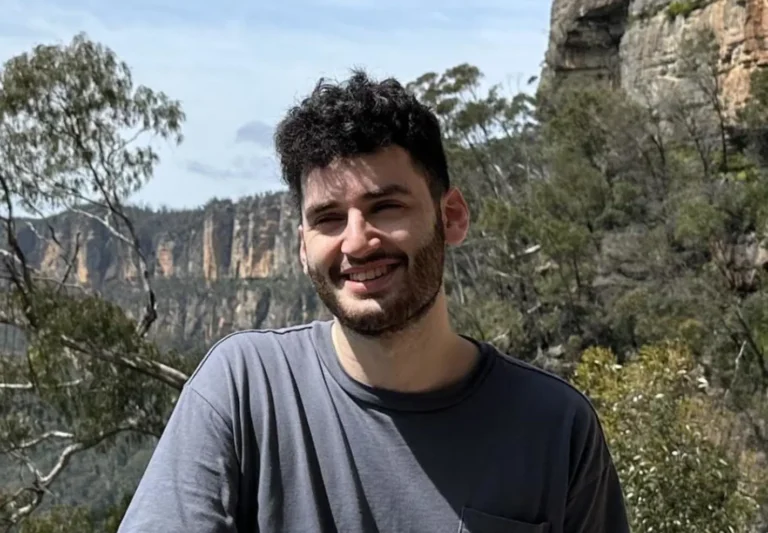
The Anti-antidepressants debate

By Sophie Trigger
Danish Psychiatrist Professor Peter Gotszche spoke at St Vincent’s Hospital last week of the dangers of antidepressants.
Prof. Gotszche said they are not only overprescribed, but ineffective and likely harmful to a patient’s mental health.
“What these drugs do is they turn acute problems, which would have solved themselves … into chronic problems,” said Professor Gotszche.
“We create patients with our drugs, that’s the tragedy of psychiatry.”
With depression the leading cause of disability worldwide, Beyond Blue estimates that in any one year, 1 million Australians will be suffering from depression.
Selective Serotonin Reuptake Inhibitors (SSRIs) are the most commonly prescribed antidepressants in Australia and are generally a doctor’s first choice for most types of depression.
Professor Gotszche is highly critical of these drugs, and is skeptical of the data that shows rates of depression to be on the rise worldwide.
“It’s not strange that the number of people who are said to be depressed has increased dramatically with such loose criteria for making the diagnosis.”
He adds that the criteria for diagnosing depression rarely points towards a chemical imbalance, and rather that SSRIs directly create one.
Clinical Psychologist and Director of Student Services Unit at the University of Technology, Sydney (UTS) Brett Smout says that depression is mostly diagnosed according to “the person’s self-report of a range of factors, including their sleep, their degree of irritability, their appetite, their weight… their feelings of self-worth… and any thoughts on futility of life.
“If someone were to come in and list all of those symptoms, there would be a high level of concern about wanting to get them help pretty quickly,” Dr Smout told City Hub.
Professor Gotszche said that at clinical trials undertaken for antidepressants, patients tended to respond similarly on antidepressants as they did on a placebo.
“You arrive at the same [results] with nothing as you do with the drug – it just takes a bit more time,” he said.
“These trials are highly vulnerable to what I call un-blinding bias. I have come to the conclusion that these drugs likely don’t work.”
Dr Smout disagrees with Professor Gotszche on the ineffectiveness of antidepressants, but notes that there are many alternatives to medical intervention.
“One of the first ports of call, depending on the severity of people’s reports of depression is activation, a process of engagement on social activities and pleasant events.” Dr Smout said.
Dr Smout also pointed to a range of psychotherapies being available, including cognitive behavioural therapy.
“I would think that nobody, including medical practitioners, would see antidepressants as the only thing to consider if somebody is complaining of symptoms of depressions.”
According to an Organisation for Economic Co-Operation and Development (OECD) report at the end of 2013, Australia was the second highest prescriber of antidepressants in the world.
In the decade previously, antidepressant use in Australia doubled.
Professor Gotszche also said the dependency on antidepressants can cause problems for patients trying to come off them.
“It can take many months, many years, and for some patients they never succeed,” he said.
Prof. Gotszche argues that the solution is detoxification, revolving around the country to help people wean themselves off the drug.
“This is a human rights violation,” the Professor said. “There is not good reason to force people to take these drugs.”
Dr Smout points out, however, that taking antidepressants off the market drastically reduces a patient’s choice in treatment.
“I wouldn’t like to see the treatment modalities impoverished by ruling out medication.”









